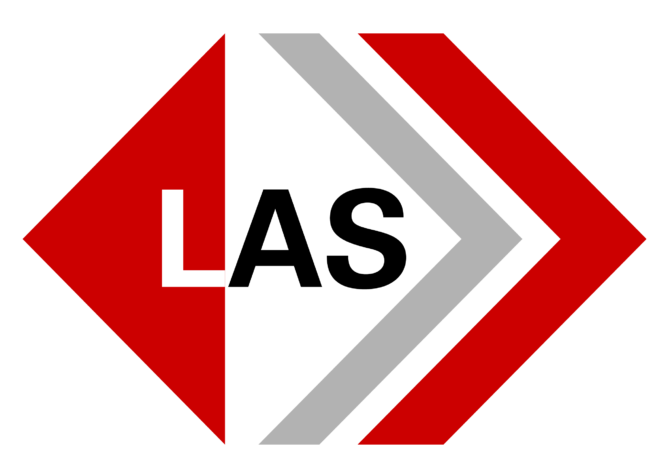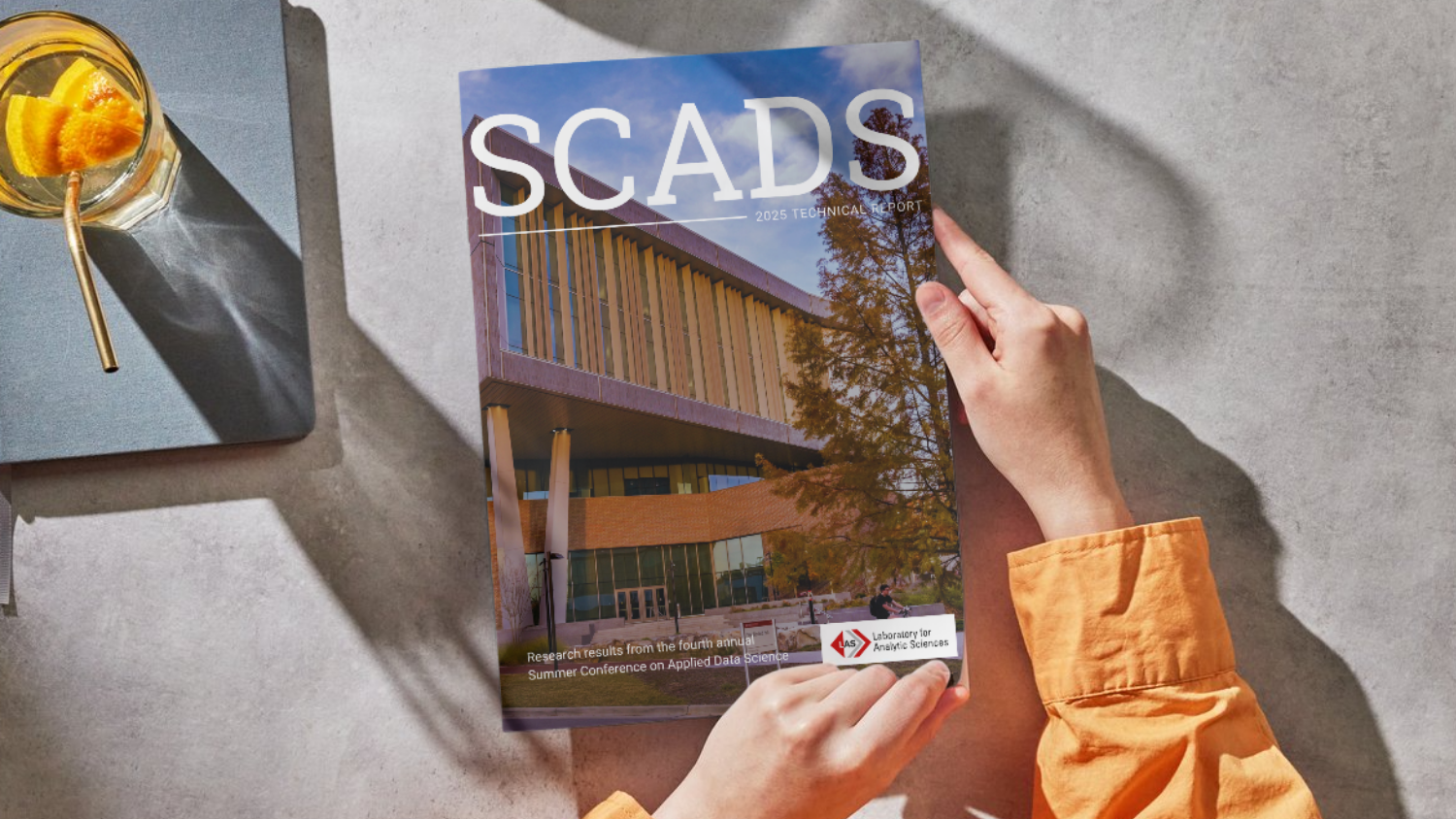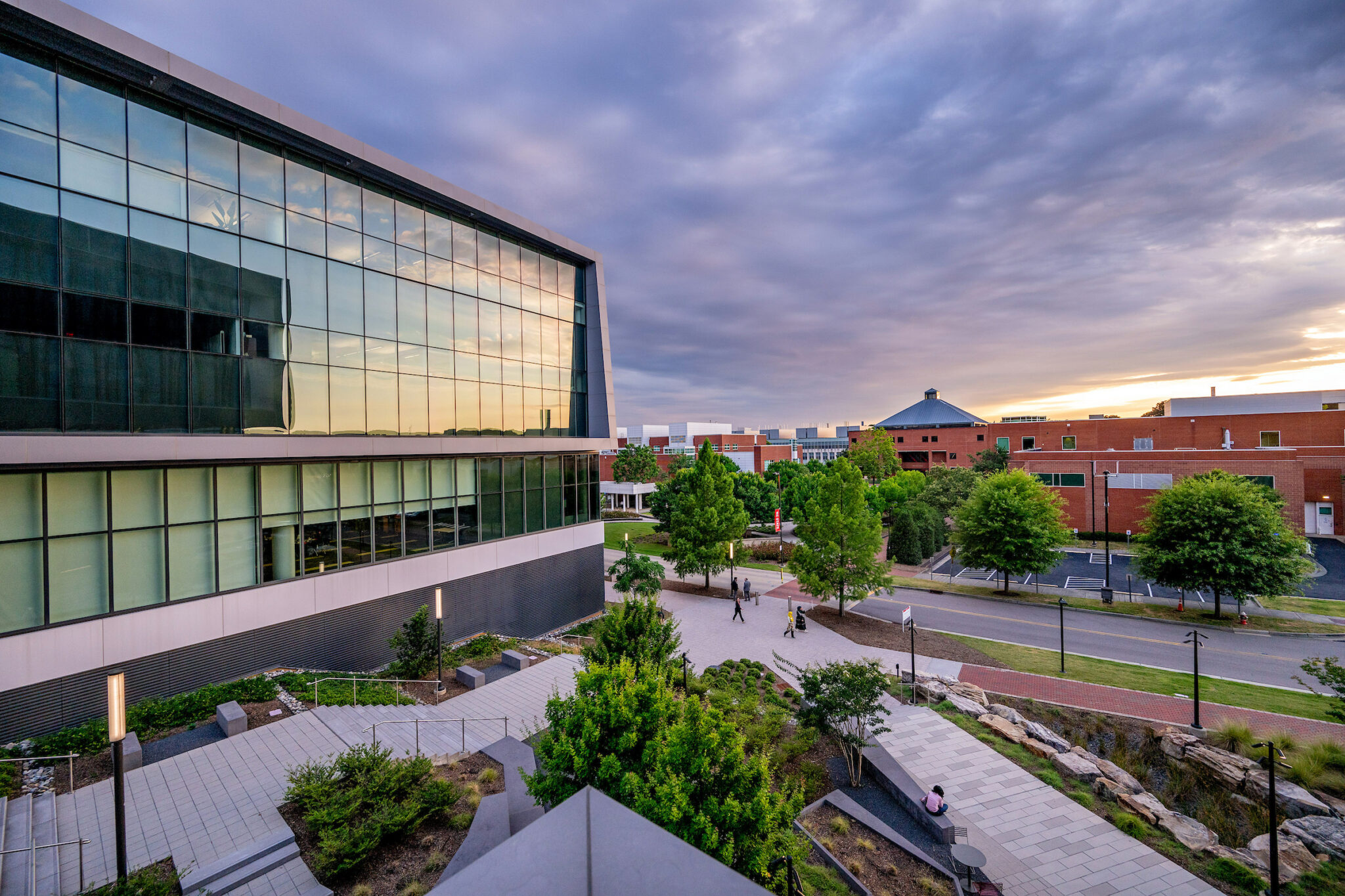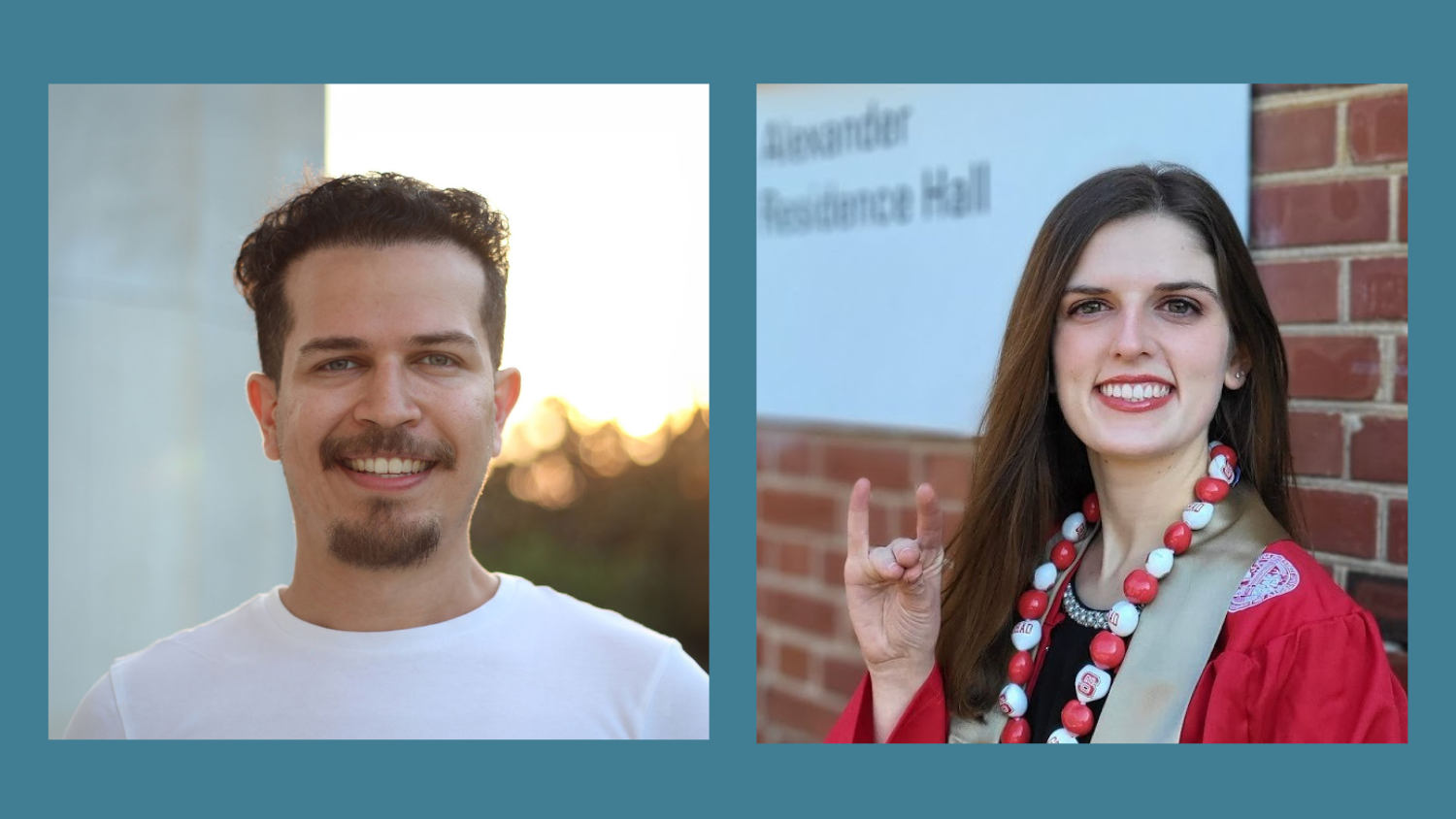LAS Announces 2024 Collaborators
Twenty-two faculty from 11 universities and six companies will conduct LAS research projects this year.

The Laboratory for Analytic Sciences at NC State University will provide research funding to 22 faculty collaborators representing 11 academic institutions as well as six industry organizations this year. Collaborators will conduct research projects in partnership with LAS staff. Collaborators are selected by NC State through the annual white paper proposal process.
This year’s projects align with LAS’s core research initiatives in human-machine teaming, content triage and operationalizing machine learning.
LAS selected collaborators who will focus on the following technical areas: machine learning, video analysis, audio/speech analysis, cybersecurity, information science, human-computer interaction (HCI), user experience (UX) design, and cognitive science.
The 2024 LAS collaborators are:
Faculty collaborators
- Jaime Arguello, School of Information and Library Science, UNC-Chapel Hill
- Helen Armstrong, College of Design, NC State University
- Gedas Bertasius, Department of Computer Science, UNC-Chapel Hill
- Sambit Bhattacharya, Department of Math and Computer Science, Fayetteville State University
- Carlos Busso, Department of Electrical & Computer Engineering, Erik Jonsson School of Engineering and Computer Science at The University of Texas at Dallas
- Robert Capra, School of Information and Library Science, UNC-Chapel Hill
- R. Jordan Crouser, Department of Computer Science, Smith College
- Alex Endert, College of Computing, Georgia Institute of Technology*
- David Gotz, School of Information and Library Science, UNC-Chapel Hill
- Matthew Groh, Kellogg School of Management, Northwestern University*
- Nathan Jacobs, McKelvey School of Engineering, Washington University in St. Louis*
- Richard Lamb, University of Georgia*
- Ketan Mayer-Patel, Department of Computer Science, UNC-Chapel Hill
- Tim Menzies, Department of Computer Science, NC State University
- Karl Pazdernik, Joint Appointment, Department of Statistics, NC State University and Pacific Northwest National Laboratory*
- Matthew Peterson, College of Design, NC State University
- Robert Pless, Department of Computer Science, School of Engineering & Applied Science, George Washington University*
- Bill Rand, Department of Business Management, Poole College of Management, NC State University
- Montek Singh, Department of Computer Science, UNC-Chapel Hill
- Ana-Maria Staicu, Department of Statistics, NC State University*
- Abby Stylianou, Department of Computer Science, School of Engineering and Science, St. Louis University*
- Srijan Sengupta, Department of Statistics, NC State University*
Industry collaborators
*New LAS collaborators for 2024
Collaborators are working with LAS staff to define each project’s goals and objectives for the year and how they align with LAS’s research initiatives. LAS will also conduct several student-led projects, including NC State senior design projects. Research project results will be presented at LAS’s annual Research Symposium in December.
About LAS
The Laboratory for Analytic Sciences is a partnership between the intelligence community and North Carolina State University that develops innovative technology and tradecraft to help solve mission-relevant problems. Founded in 2013 by the National Security Agency and NC State, each year LAS brings together collaborators from three sectors – industry, academia, and government – to conduct research that has a direct impact on national security.
- Categories:



